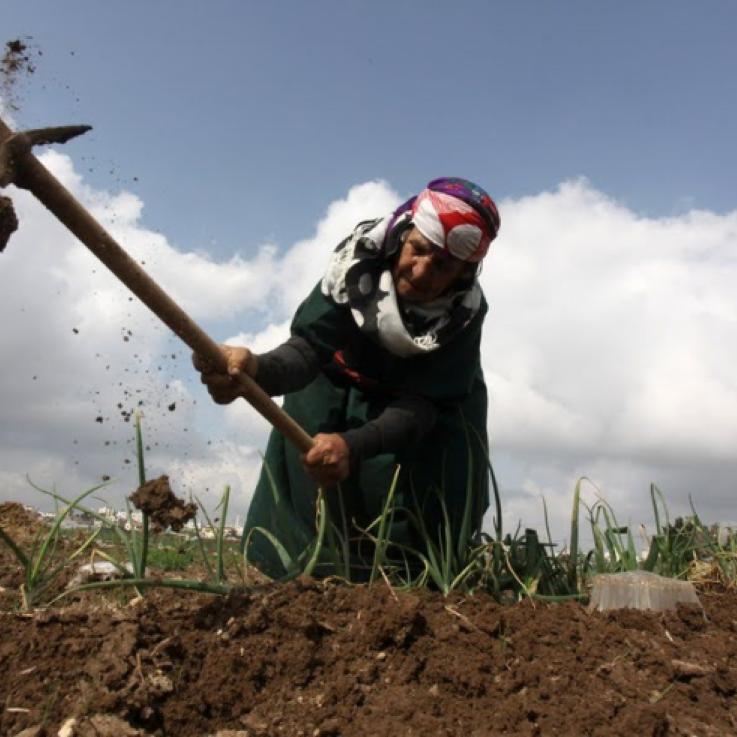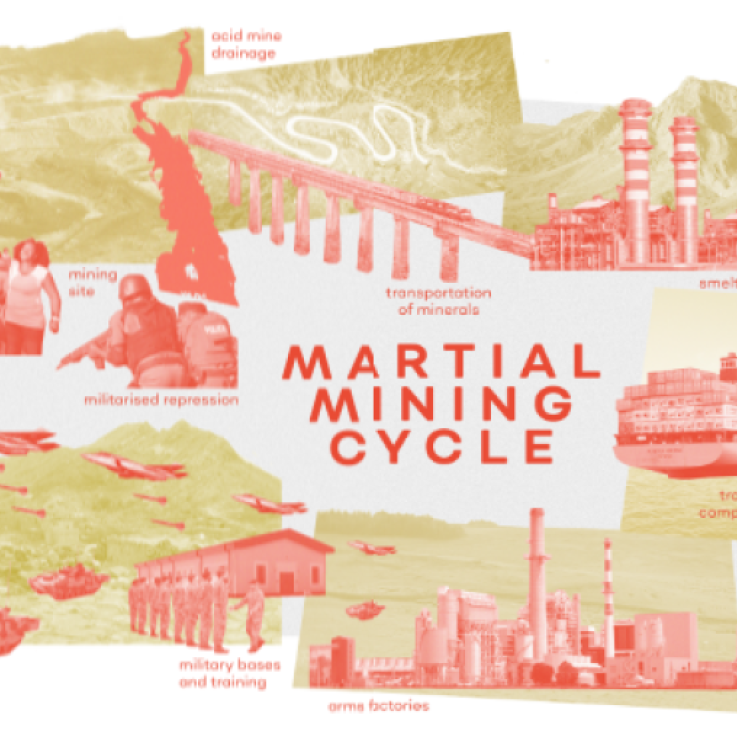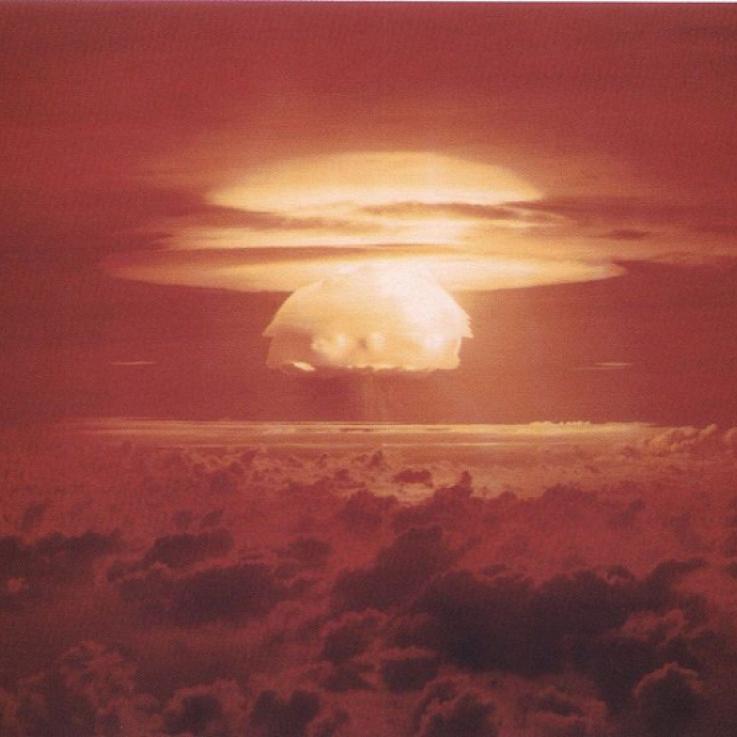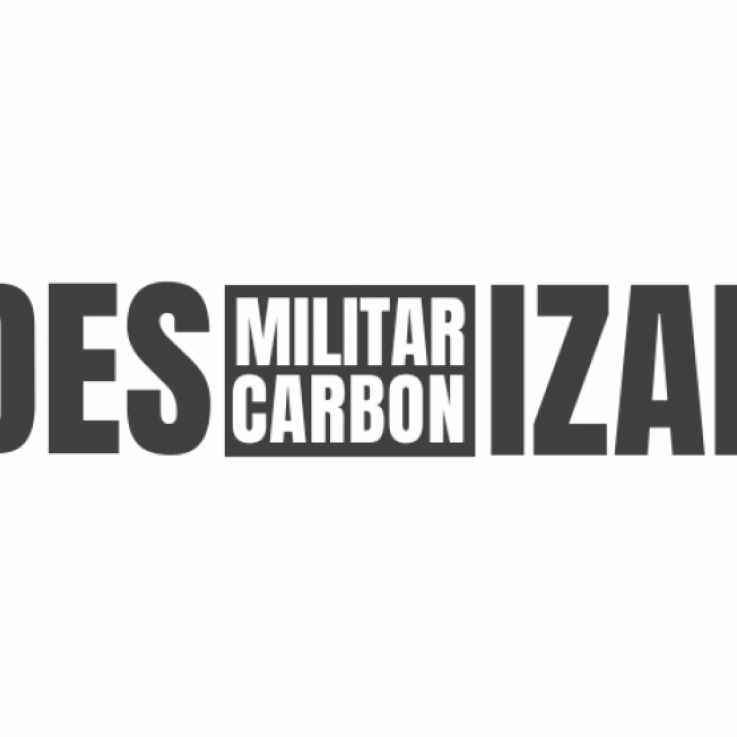In December 2024, WRI staff member Andrew Metheven met with Khem Rogaly, a Senior Research Fellow at Common Wealth, a think tank that sets out to “reimagine ownership to repair past harms and secure a future of sustainable and shared prosperity”.
Palestinians have been able to steadfastly face Israeli attempts at obliterating the knowledge and skills that Palestinians draw on to maintain a sustainable attachment to the land. I call this the act of eco-sumud, meaning eco-steadfastness.
What happens to our anti-war movements when we broaden our understanding of conflict to the extractive zones that make war possible? Can we throw more grains of sand into the machines of the military-industrial complex by beginning our analysis with the struggles of the communities whose lands and resources are exploited to materialise war?
When the US military detonated the most powerful bomb they had ever tested over Bikini Atoll in the Marshall Islands - a hydrogen bomb code-named "Castle Bravo", with 1000 times the explosive power of the Hiroshima bomb - Lijon Eknilang and the inhabitants of Rongelap Atoll and neighbouring atolls could not have known the impact it would have.
This article is part of our "Short Primer on Militarism and the Climate Crisis", which you can find in full here: https://wri-irg.org/en/story/2024/new-resource-short-primer-militarism-and-climate-crisis
For many, the past years have in various ways been defined by climate change and war. Our everyday lives carry signs of escalating climate and military crises; seemingly infinite stories of ecological collapse and armed conflict. Most often, however, we do not consider these processes connected. The truth is, they very much are. But how so? In this zine, we trace the paths, from industrial highways to muddy forest trails to desert ruts and tropical grooves, along which militarism and climate crises come together
As part of the Global Week of Action for Peace and Climate Justice, we will be running a webinar called Movement in dia
"Decarbonizing is Demilitarizing" is an initiative of Centre Delàs of Peace Studies (a War Resisters’ International affiliate), Ecologistas en Acción and Extinction Rebellion Barcelona, and seeks to strengthen the links between pacifist, ecological, feminist and global justice movements by shedding light on the multiple interconnections between militarism and the climate crisis.
Their manifesto - which you can find below - has been so far endorsed by over 40 Spanish organizations and made public on June 13, at the campaign launch.
Divest from War – Invest in Climate Justice
The first annual Week of Action for Peace and Climate Justice will address the links between war, militarism and climate injustice, promoting grassroots action and policy making for peace and climate justice. This year’s theme is divest from war – invest in climate justice!








